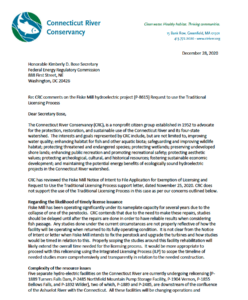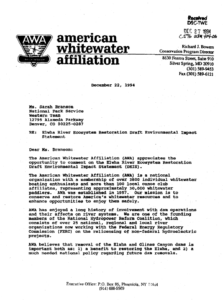How conservation can save our politics and save America
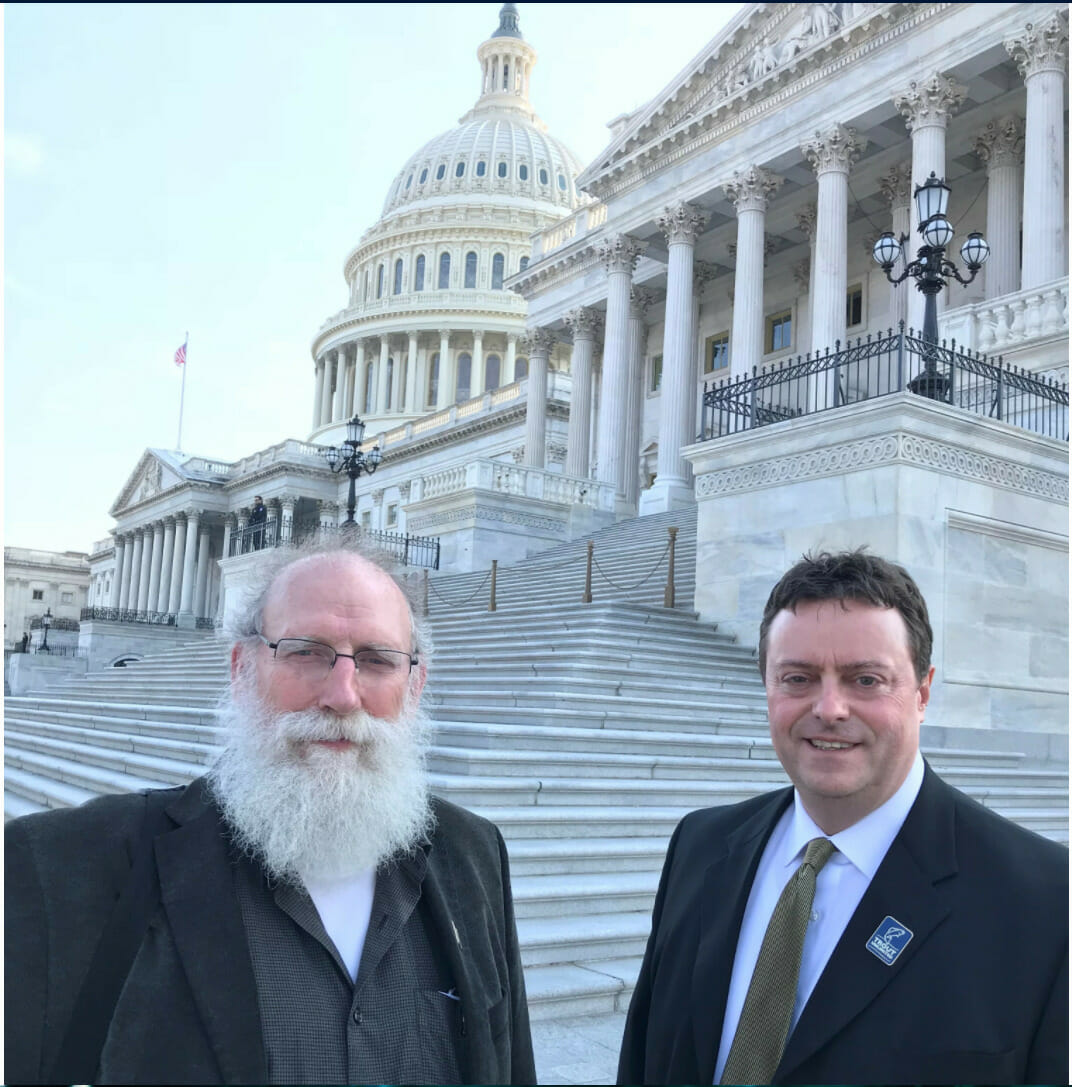
Wednesday afternoon, a day that America won’t soon forget, I was on a phone call just across the river in Trout Unlimited’s Arlington, Va., headquarters.
A group of us at TU were talking about recovering Snake River salmon populations in the Pacific Northwest when my phone began blaring with a message from the mayor of Washington, D.C. In response to the attacks on the Capitol, she was ordering a city-wide curfew in three hours.
TU staff and volunteers regularly go to the Capitol to advocate on behalf of our mission. We spend so much time there that for some of us, it’s like a second office. We know the hallways and the offices and the people, from the lawmakers to the staff to the police.
We salute the resilience demonstrated by the members of Congress, their staff, employees and Capitol police who returned to the Capitol and stayed into the early morning certifying the election outcome.
Like most Americans, we are outraged by yesterday’s events. Yesterday was the latest in a series of recent events that demonstrate how much we need to unify around shared values and rebuild trust across our divides.
The images of rioters storming the nation’s capital streamed through my head as I biked home later in the afternoon. I thought back to my phone call and wondered, “Does it matter if we bring back Snake River salmon when we can’t even ensure a safe and peaceful transition of power in the greatest democracy in the world? ”
Yes. It absolutely matters. The values that drive our non-partisan conservation efforts here at TU are the same values that can repair our increasingly nasty political divisions.
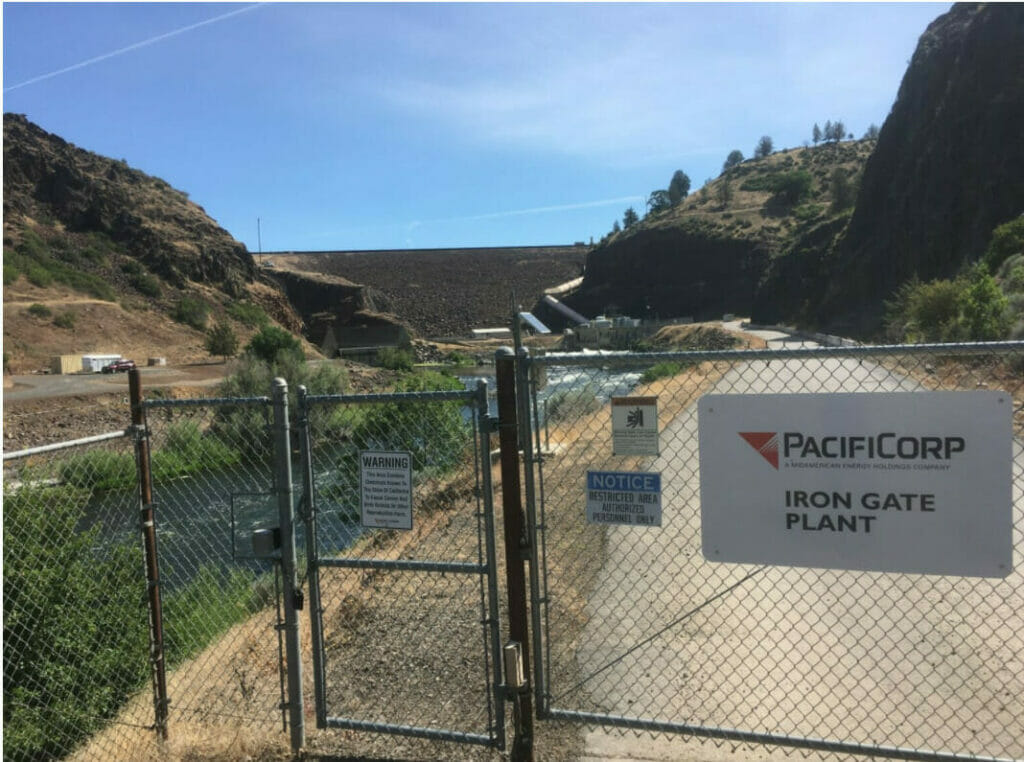
Politics and conservation are about finding common ground to solve common problems
The Klamath River basin was arguably the most contentious river basin in the nation. In the early 2000s, the river was alternately shut off for farmers and then fish, harming farmers one year and then killing tens of thousands of imperiled salmon the next. With no end to the controversy in sight, TU and our partners sat down with the dam owners who were required to relicense the river’s four dams and bring them up to modern environmental standards. The owners realized the cost to retrofit the dams to pass fish was too high. We helped to solve their problem, and they ours. The four Klamath dams will soon be removed opening 450 miles of habitat for salmon and steelhead that had been lost for a century.
Disagreements are OK, and compromise is a virtue
When the U.S. Forest Service protected 58 million acres of wilderness-quality roadless areas 20 years ago, Idaho sued. Seven years later, after a collaborative process involving ranchers, county commissioners, forest products reps, conservation interests and others, the state developed even stronger protections for their public backcountry roadless lands. How? Conservation interests listened to the concerns of rural communities worried about wildfire, and development interests agreed to place even tighter conservation restrictions on nearly 2 million acres of wilderness quality lands.
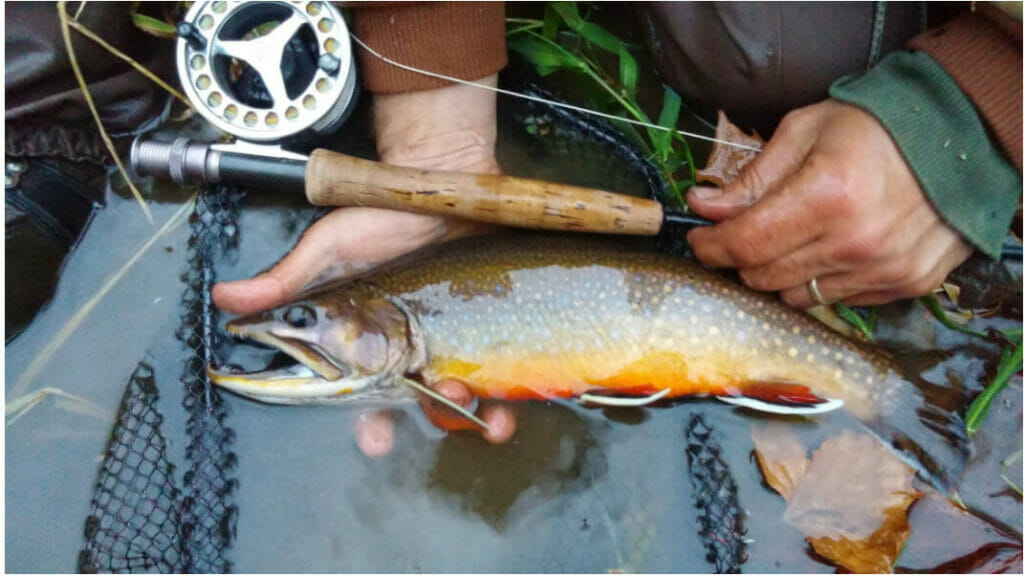
Helping one helps all
Government agencies, and government policies, are widely distrusted in many parts of the country, but they can play a profound role in improving land health. In West Virginia, for example, TU has worked with over 400 farmers to improve farm productivity and extend and improve habitat for wild and native fish. We waded down streams conducting riparian restoration on one property, and waited for the adjacent landowner to ask us to do the same on their property. A decade later, 15-inch brook trout that look like they grew up in Maine are common, not to mention diminished erosion from the Mountain State to the Chesapeake Bay.
Politics and conservation are about people, not division
Many politicians define themselves in contrast to their opponents. Conservationists are also not immune to this malady. At their root, however, both politics and conservation are about improving the lives of people whether through a protected farm that reduces downstream water filtration costs or legislation that improves the education of children. Recent passage of the Great American Outdoors Act, for example, which guarantees $900 million in funding for conservation annually, was made law because political leaders realized that the re-election of members of their party might hinge on its passage. We should always seek out and celebrate such opportunities to connect politics and conservation to people.
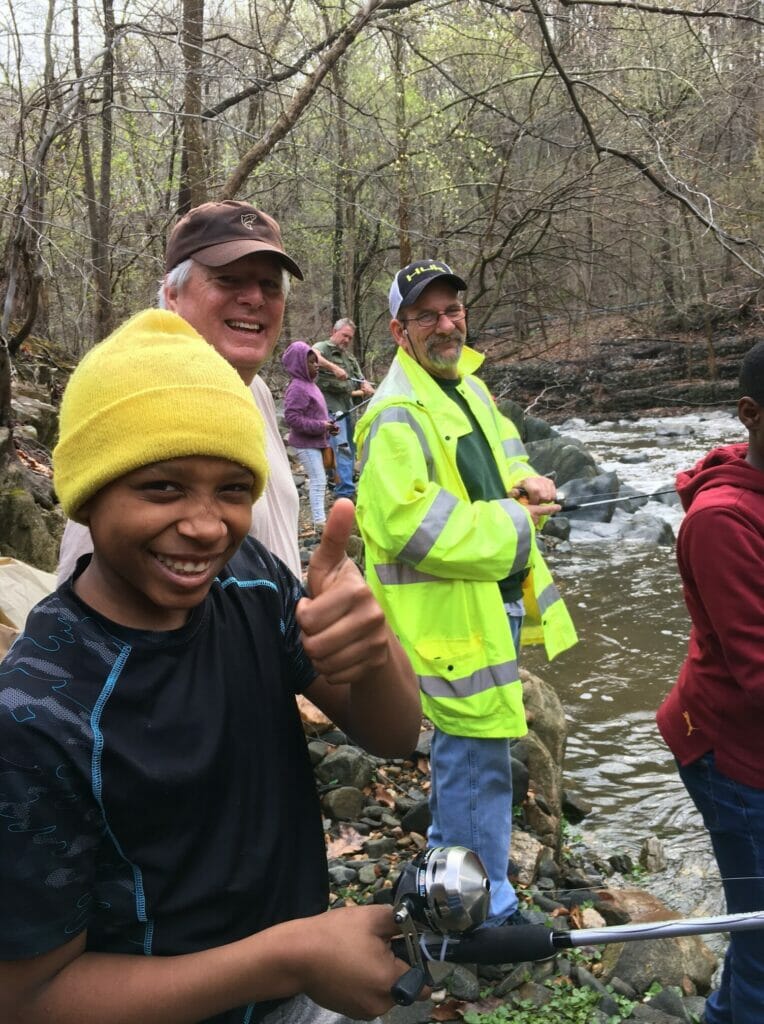
We are all in this together, regardless of our political party
This is an inescapable fact. Whether you think climate change is real or not, you should support protecting, reconnecting and restoring river systems. It’s beside the point whether your support hinges on making fishing better, or if it is about making rivers and landscapes more resilient to the effects of floods, fire and drought associated with a changing climate.
These are the very values we bring to our work on the Snake River, where we are pressing for the removal of four dams that block the path of threatened salmon to their spawning grounds. If we can do that in a way that helps to meet the social and economic needs of farmers, power producers, barge operators and others who depend on the dams, we can save the salmon and meet the needs of people and communities.
And that is the kind of thinking that can save America.
The post How conservation can save our politics and save America appeared first on Trout Unlimited.

